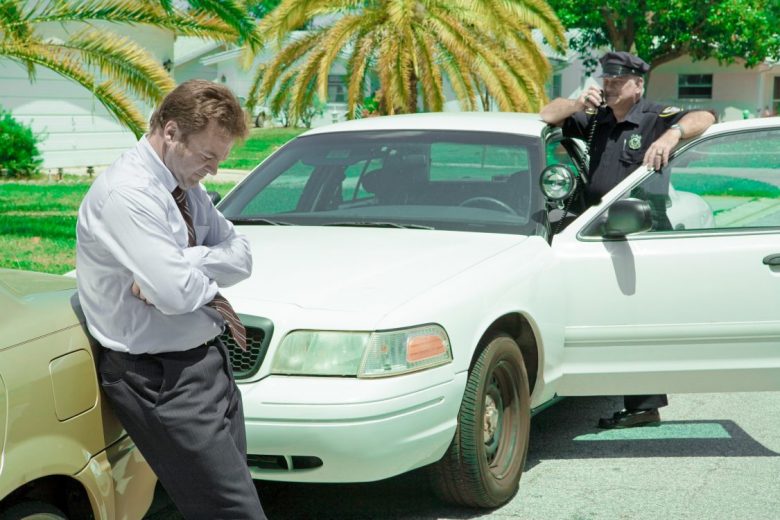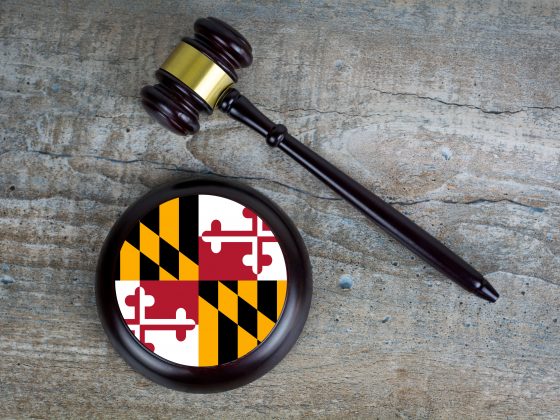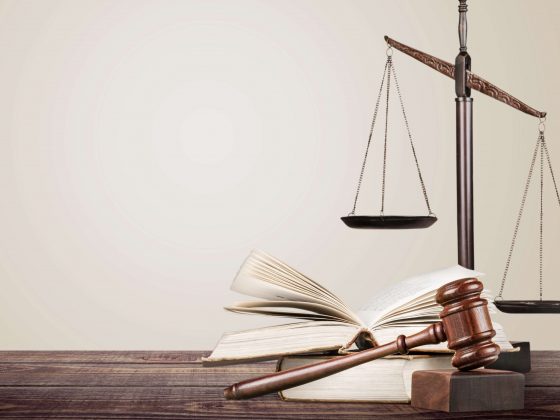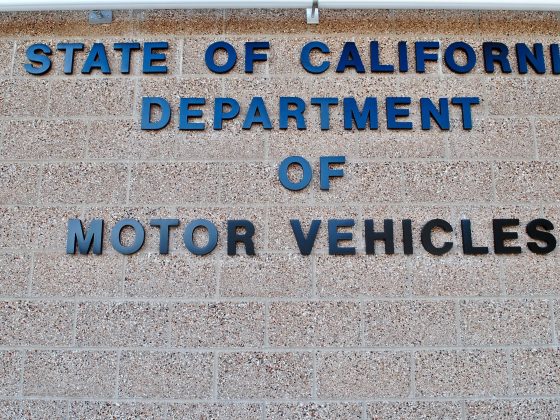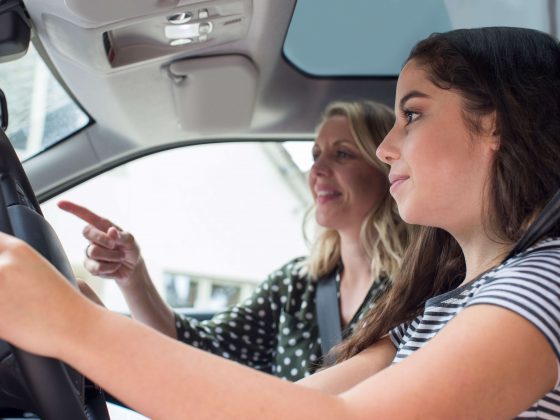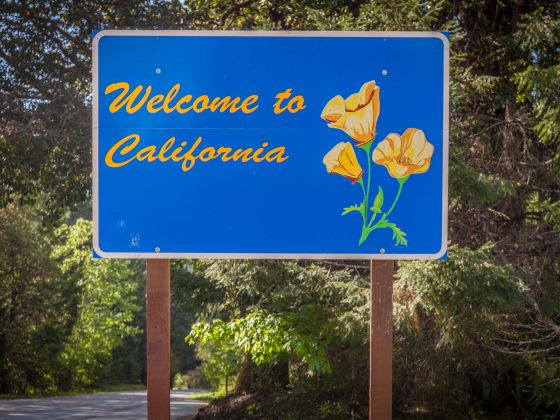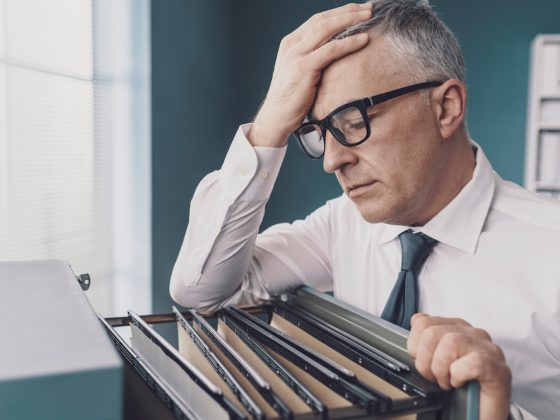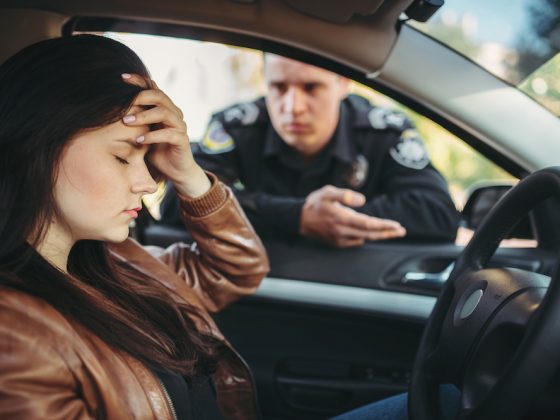Update April 2023: Never be afraid of the law. In the US, law enforcement officers are constantly on the search of drivers who commit traffic violations. Other times, they are working undercover to carry out some investigation.
Use eTags© to Quickly Complete Your DMV Service. Renewals, Title Transfers and More, All Online!
Their role is to ensure everyone drives safely and deter illegal and/or unsafe behavior. If a law enforcement officer pulls you over, you need to follow instructions and show cooperation.
Law enforcement officers must treat everyone fairly, regardless of race, ethnicity, national origin or religion. When you hear sirens, gently slow down and pull over to the right not the left side. You can use your emergency flashers to signal other drivers that you’re about to slow down. Be patient and wait for the officer to exit their patrol car and come over to you.
Here is a law enforcement guide that explains what to do if stopped by an officer.
Always remain calm
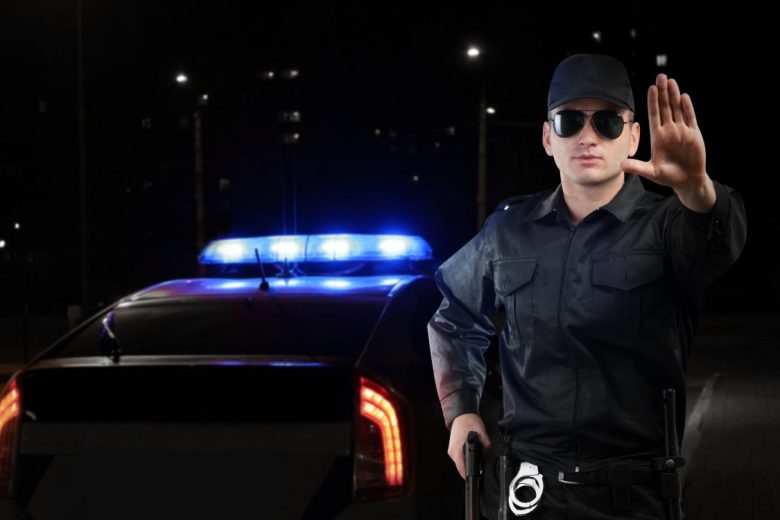
Once you see the flashing emergency lights behind your vehicle, stay calm, activate your turn signals, and find a safe spot out of the road to stop your vehicle.
If you find it hard to pull over, use hand signals to let the officer know that you need to look for a safe spot to park your vehicle.
SEE ALSO: Can You Get Pulled Over? 20 Common Traffic Stop Questions
Stay in your vehicle
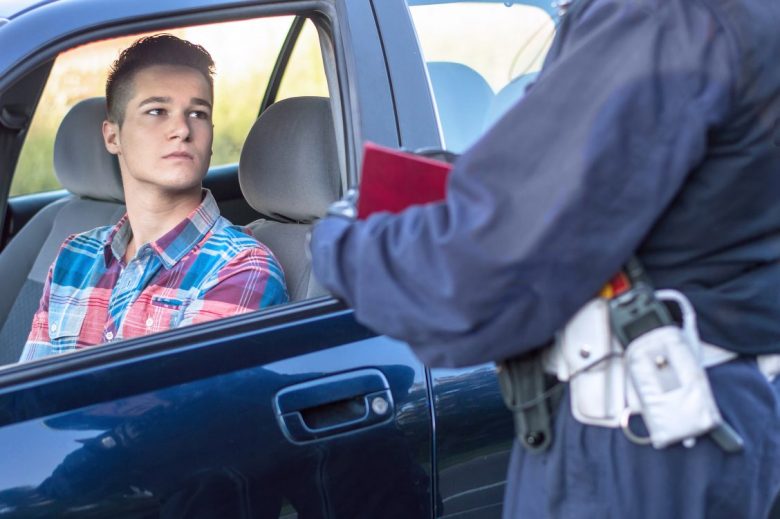
After you parked safely, turn off the ignition and radio, and stay in your car unless the officer instructs you to leave your vehicle.
Do not give the officer a bad impression. Always keep your hands on the steering wheel so they can see you are not hiding anything or acting suspiciously.
If there’s any passenger on your vehicle, ask them to stay calm, show disposition, and keep their hands visible.
Give the officer your full attention
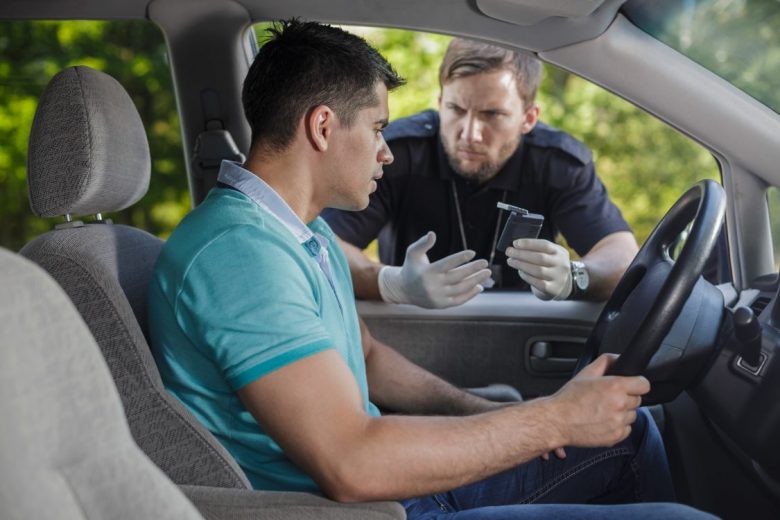
Know that officers are always alert about their surroundings and it’s in your best interest to make things less complicated. Be cautious!
Try not to use your cell phone or any other mobile devices while interacting with the officer. That also applies to any of your passengers.
Be cooperative and acknowledge the officer. Avoid sudden moves, even when you need to reach your license and other documents.
SEE ALSO: The Do’s And Don’ts Guide: Accidents Involving Pedestrians
Don’t panic
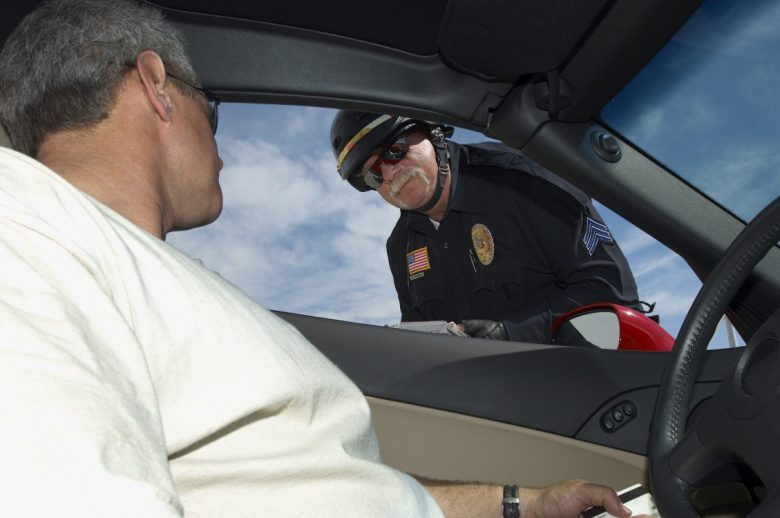
Talk to the officer and let him know where your documents are so you can make appropriate movements. If the officer sees that you are following instructions, things will go smoother.
If you possess any weapon inside your car, let the officer know right away.
Expect officers to pull out a spotlight, if they stop you while driving at night. It’s all about visibility and the best you can do is turn on your interior lights to enhance it.
Follow the instructions

The common procedure starts with the officer explaining why they stopped you with some questions in between about your trip. Answer them all and let them conduct the interaction.
Do not assume that officers need to be wearing uniforms to pull you over. It’s enough for them to show their credentials to show legal authority.
Follow all the instructions and provide all documents they require to verify your identity. They normally ask for driver’s license, proof of insurance, and vehicle registration.
Once the officer ask you to exit your vehicle, do it safely. Stay away from the traffic, keep your hands visible, and ask your passengers follow the same actions if required to do so.
SEE ALSO: Safety Guide: Here are 5 Defensive Driving Tips For New Drivers
Never confront the officer
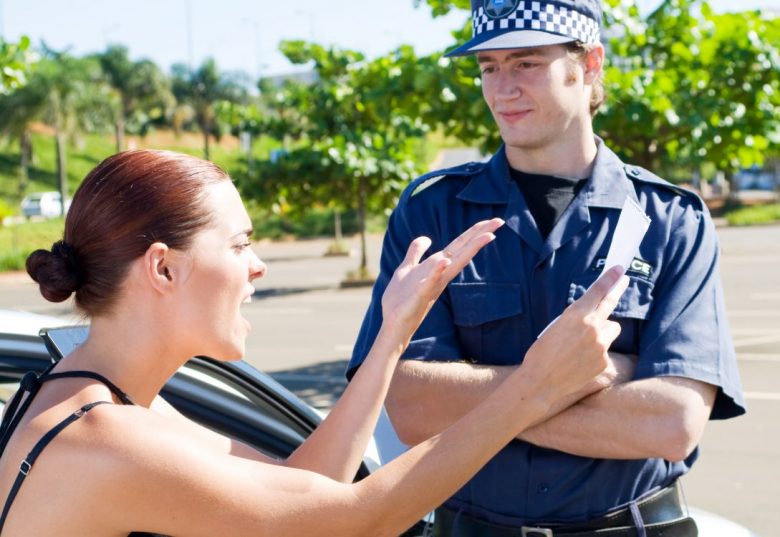
Whether you committed a minor infraction or a traffic violation, the officer may issue you a warning or a traffic ticket, which may also include a fine.
At this stage, the officer gives full explanation of the incident and any actions being taken. Whatever the outcome might be, never confront nor disrespect the officer.
Remember that any aggressive behavior could make you look bad. If you don’t agree with the outcome, you are free to dispute your ticket in court.
You are also required to accept and sign the traffic ticket, even if you consider that you were not at fault. Note that signing a traffic ticket does not mean you are guilty, as you can still dispute your case.
If you refuse to sign the ticket, you could be arrested and that could really ruin your case.
Feel free to contact the officer’s agency
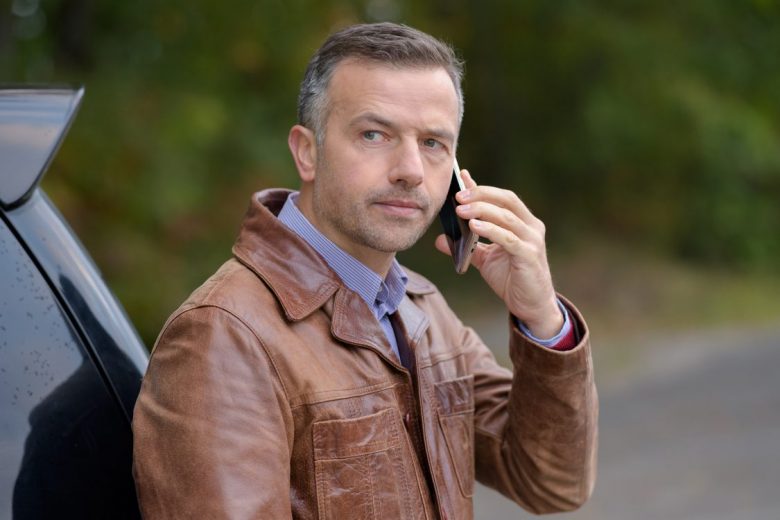
If you believe the officer acted inadequately or unfairly, put on record the officer’s behavior and report it to the officer’s agency in a timely manner.
Enforcing the law requires good communication of all the parties involved to reduce car accidents, unsafe/illegal behavior, and traffic violations.
SEE ALSO: How To Handle Car Accidents That Are Not Your Fault?
